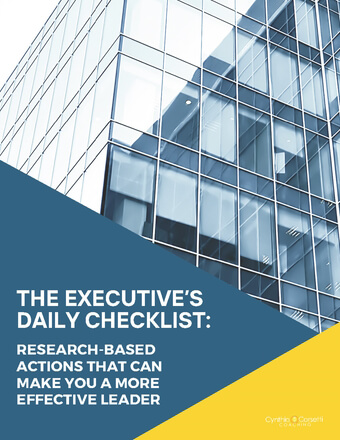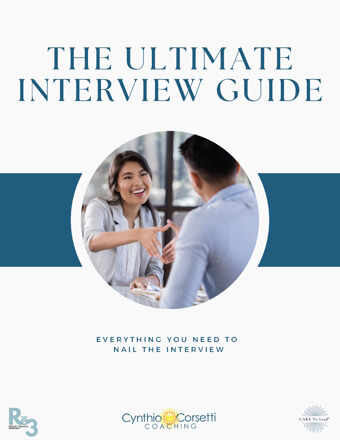Manage Expectations
I had an early morning client meeting today. We met before his hectic day at the office devoured his time. As I sipped my bullet proof coffee, I asked him how his most recent hire was coming along. I knew it was too early for a real opinion, after all, the person just started a week ago. But, he was still in the middle of pouring cream in his coffee and we hadn’t started more in depth conversation yet; so it was simply meant as conversation.
High Hopes
The answer he gave surprised me. His entire face lit up. He put the creamer down, looked me in the eye and smiled from ear to ear. I could literally see how enthusiastic he was as he told me that this new employee is fantastic and exceeding every expectation. He said he could see this guy as his next leader, and he’d already started thinking of future possibilities.
His words reminded me of how easily we fall into the trap of creating something that might not be there, and then setting up a staff member for failure.
This new employee may in fact be all that and more, but four days is too soon to make that analysis and allowing yourself to do that is a recipe for disaster.
Instant Opinions
Let’s face it. The hiring process is hard. You’re forced to make a decision to fill an immediate need. You spend hours reviewing resumes, and hours interviewing. You want the person you hire to be the right choice.
But, making a judgement on that new employee too soon, good or bad…can be a problem. There’s no way you can know in only four days that someone will be a success. It’s like inventing (in our mind) the employee we want and not giving the real employee a fair chance to show who they are or what they are capable of.
It Can Go Either Way
If the new employee does something that bugs you in the first week….say, they use the word “cheers” as their email sign off and it annoys you to your core; you can easily form an instant negative opinion of the employee. Completely unfair…but, we’re human and it happens.
On the flip side, if that same employee does something impressive in the first few days, you could form an unrealistic positive impression. Maybe came up with a cost saving strategy that will impact the bottom line immediately. It doesn’t mean they’ll do it every time. Setting that expectation for them isn’t fair.
Give it Some Time
When we create an employee based on what we want that employee to be, there is no way they can succeed in the role and that becomes a disaster for both the new staff person and for the manager. As a manager it is wise to withhold judgment on the capability of a new hire for at least 30 days.
Give the person time to learn the position, learn the culture of the organization, learn what is really expected of them and then let them start to perform with all of those pieces of the puzzle in place. That’s when you’ll see the real performance and it is then that you will be able to fairly evaluate the individual.
Keep Expectations Realistic
Even if the person is a solid employee with long term potential, if you over rate them from the get go, they can’t live up to what you imagine. So you lose a potentially good employee because you assumed what you had was a miracle employee. When you realize that the miracle wasn’t real, you aren’t satisfied with just a solid employee.
As a manager it is important to manage your own expectations. And to see individuals for who they are with their strengths and with their shortcomings. It’s also important to keep emotions out of your thought process as much as possible. If you do that, you will find long-term solid staff members who are set up for success in your organization.











0 Comments